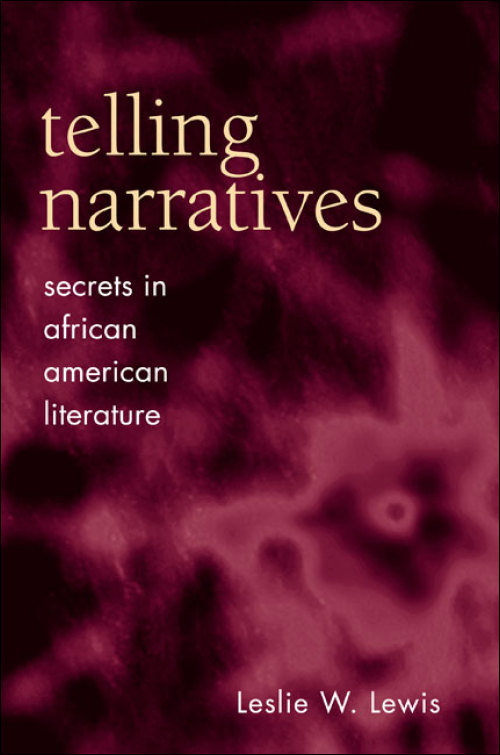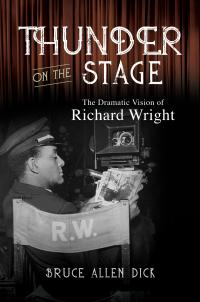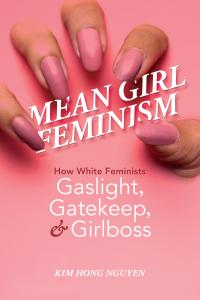
Telling Narratives
About the Book
Telling Narratives analyzes key texts from nineteenth- and early-twentieth-century African American literature to demonstrate how secrets and their many tellings have become slavery's legacy. This study focuses on the ways secrets are told in abolitionist texts and in novels of uplift, including those by William Wells Brown, Jessie Fauset, Charles W. Chesnutt, Martin Delany, Frances E. W. Harper, Pauline Hopkins, James Weldon Johnson, and Frederick Douglass. In examining how racial and sexual secrets are kept and told in these works, Leslie W. Lewis traces how interaction between masters and female slaves became central to a developing African American literary tradition.While stressing that secrets are muted articulations, Lewis suggests an alternative model to the feminist dichotomy of "breaking silence" in response to sexual violence. She argues that secretive information gave female slaves agency because they could choose whether or not to disclose or reveal their knowledge. This fascinating study also highlights the ways that masculine bias problematically ignores female experience in order to equate slavery with social death. In calling attention to the sexual behavior of slave masters in African American literature, Lewis highlights its importance to slavery's legacy and offers a new understanding of the origins of self-consciousness within African American experience.
About the Author
Leslie W. Lewis is an associate professor of English at the College of Saint Rose, Albany, New York, and coeditor of Women's Experience of Modernity, 1875-1945.Reviews
"Lewis's is the first book-length study of narrative secrets in African American literature. . . . Recommended."--ChoiceBlurbs
"A provocative unveiling of secrets in African American literature from the mid-nineteenth century through the 1920s. Uncovering what was and is at stake in the discourse of secrecy in African American literature and culture, Lewis helps readers see its grounding in 'master-female slave moments.' The analysis of interracial and sexual secrets is enlightening and instructive."--William L. Andrews, editor of The Literature of the American South: A Norton Anthology


